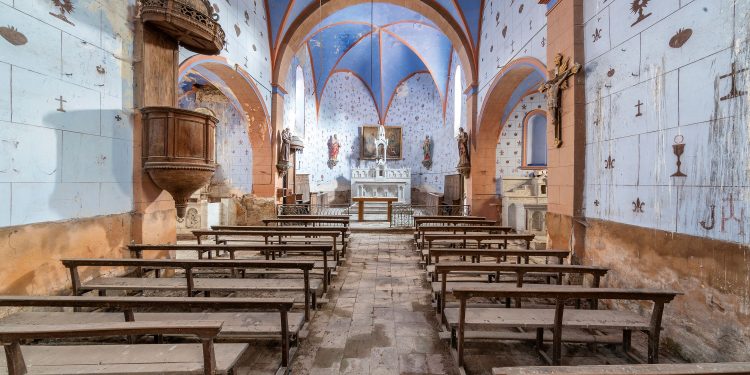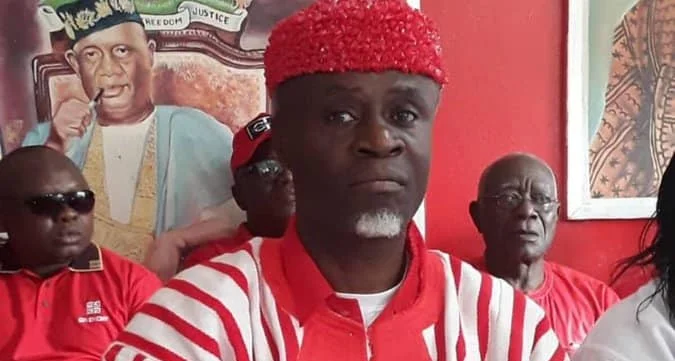By Benjamin S Conteh
The closure of Churches in Kenema to allow the procession of the Bondo Society is a clear manifestation that the Religious Council in Sierra Leone have disappointed God and the nation.
The Council of Churches in Sierra Leone (CCSL) is an umbrella organization of seventeen member churches and ten affiliates. Speaking with a united voice, it promotes peace, justice and development. Its strength is being deeply rooted in the communities it serves. It operates at all
levels of society to mitigate hunger, poverty and disease. It is aware of gender inequalities and addresses them in programs and actions. It also cooperates with national decision-makers to ensure that the poor and marginalized can improve their lives and have a say in decisions that affect them.
The Council of Churches in Sierra Leone exists to empower its members and to work with them towards a Sierra Leone where peace is lasting, human rights are recognized and every citizen can participate in the country’s prosperity. As a Christian organisation, CCSL is guided by love and compassion:
Religious Tolerance: CCSL respects people of other denominations and religions and cooperates with them in areas of shared values.
Commitment: CCSL is willing to contribute its resources: time, energy, expertise and finance to achieve its mission and vision.
Integrity: CCSL acts according to the principles of the Council and is prepared to defend them.
Partnership: CCSL believes true partnership has to be based on honesty and respect.
For the first time in Sierra Leone’s history, a traditional ceremony has taken precedence over the worship of God in churches. This shift in priorities has raised concerns among the population, with many questioning the direction in which the country is heading under the SLPP government of President Julius Maada Bio.
At a time when churches are expected to play a crucial role in praying for the nation for improvement and fostering unity, unfortunately, the people of Kenema, spearheaded by Fatima Bio, the First Lady,
have a different set of values. Instead of focusing on spiritual matters, they are choosing to prioritize cultural traditions over spiritual matter.
This development raises valid concerns and prompts reflection on the trajectory of the nation. At a time when the emphasis is on collective prayers for the well-being of the country, the actions in Kenema underscore a divergence from this narrative.
It begs the question of the nation’s direction, as the populace seemingly places greater importance on cultural rituals than spiritual devotion.
The situation of the Bondo Society procession and the closure of the churches has underscored a growing divide within the nation, leaving many to wonder about the future of Sierra Leone.
As the country wrestles with these conflicting priorities, it is clear that a deeper conversation is needed about the values and beliefs that will shape its path forward. Sierra Leone is at a crossroads, and the choices made in moments like these will ultimately determine its destiny.
The Human Rights and Social Services Department’s programs seek to promote and protect the human rights and dignity of all, especially the most vulnerable (women and children). The Ecumenical Relationships Department focuses on promoting access to religious and secular educational opportunities, promoting interfaith relationships, values education and peace building activities. The Finance Department provides financial oversight management for and all programs.













